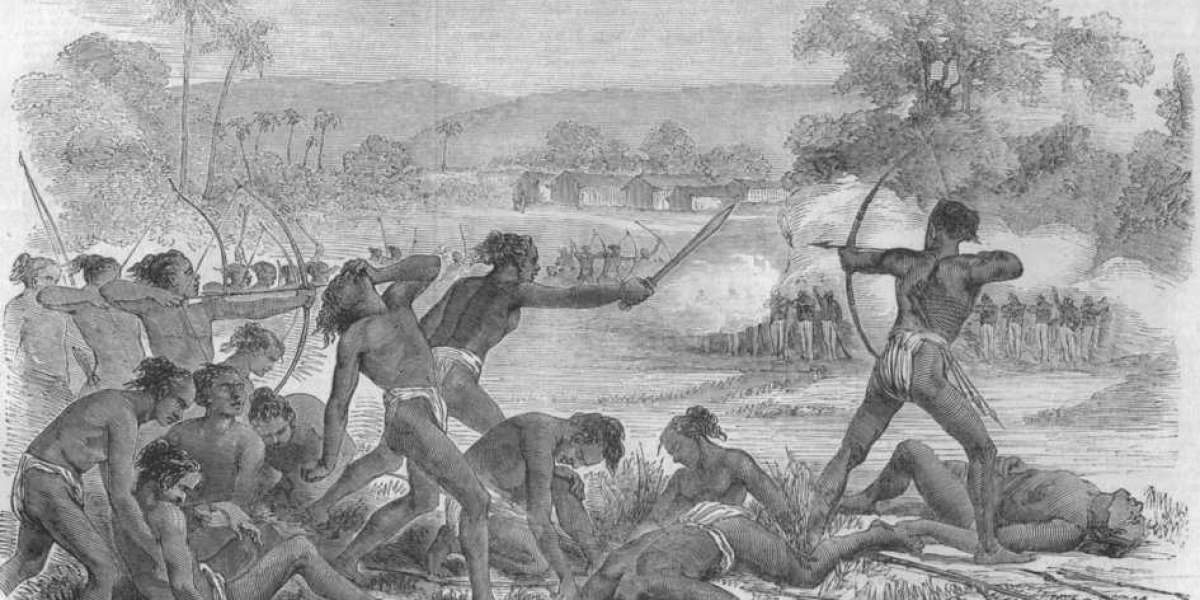Tribal revolts in areas of Indian subcontinent were not a novel phenomenon but their frequency and intensity increased drastically during the British rule. Some initial Tribal revolts included Kol revolt, Santhal revolt, Munda rebellion etc. in the 19th century. During the second half of the 19th century, the national movement also began to take shape with the formation of Indian National Congress.
The tribal revolts during the initial phase differed from the mainstream freedom movement in the following ways:
Separate grievances: Unlike the nationalists, the tribals wanted to regain the traditional control of their land and their customs. They did not dream of independence of the country.
Different Targets: While the target of the Nationalists were Britishers, the tribals targeted the moneylenders and the local officials who have evicted them of their land.
Use of violence: The tribal resorted to use of traditional weapons and violence to achieve their ends unlike mainstream Nationalist leaders who believed in passive resistance.
Local organisation structures and lack of help from intellectuals: The Tribals organised their own militia, levied taxes, united around kinship ties and there was not much help from the educated middle class in the intial years.
Amalgamtion of tribal revolts with freedom struggle in later phase
Gandhi's role: After the entry of Gandhiji in the Indian national movement, the Tribal grievances became an important part of the freedom struggle and their movement subsumed in the larger freedom struggle. For example, Gandhiji took up the cause of Tribals by demanding Forest Rights Act during his movement. Similarly, the tribals participated in large numbers in his movements and considered Gandhiji as their messiah.
Support from intellectual class: During this phase, the intellectual class also provided their support to the tribal issues. Eg leading newspapers like Anand Bazar Patrika, Hindu Patriot took the cause of the peasants and spread awareness among the Tribals of the reality of the Britishers.
The initial phase the tribal movement with its own separate grievances was secluded from the mainstream freedom movement. But in due course, as they realized the real intent of the Britishers, they merged their struggle with the freedom struggle and acted as a force multiplier in the fight for freedom.
Search
Popular Posts
Categories
- Cars and Vehicles
- Comedy
- Economics and Trade
- Education
- Entertainment
- Movies & Animation
- Gaming
- History and Facts
- LiveStyle
- Natural
- News and Politics
- People and Nations
- Pets and Animals
- Places and Regions
- Science and Technology
- Sport
- Travel and Events
- Innovations & Strategies
- Employment
- Covid 19
- Controversial News
- Television
- LifeStyle
- Startup
- Technology
- Insurance
- Banking
- Economy
- Fitness
- Parenting
- Business
- Career
- Pet
- Nature
- Celebrity Gossip
- Money
- University
- Medical
- Social media
- Health
- Other







